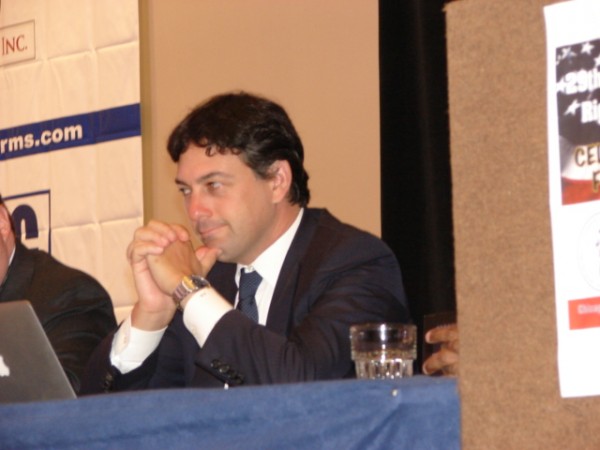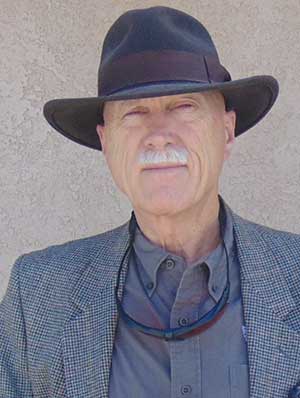
By Dean Weingarten

Arizona – -(Ammoland.com)- In two opinions issued today, 18 May, 2015, Judge Scullin essentially ended the Palmer v. D.C. case by refusing to issue a contempt citation against the D.C. government. But, in another ruling on the new D.C. law, Judge Scullin issued a preliminary injunction against the enforcement of particular sections of the D.C. permit to carry law. Those sections of the law are the ones that allow the police chief to turn down permits for applicants if they do not have “good reason” for them. Here are the last paragraphs of the opinion:
ORDERS that Defendants, their officers, agents, servants, employees, and all persons in active concert or participation with them who receive actual notice of the injunction are enjoined from enforcing the requirement of D.C. Code § 22-4506(a) that handgun carry license applicants have a “good reason to fear injury to his or her person or property or has any other proper reason for carrying a pistol,” including, but not limited to, the manner in which that requirement is defined by D.C. Code § 7-2509.11 and 24 D.C.M.R. §§ 2333.1, 2333.2, 2333.3, 2333.4, and 2334.1, against Plaintiffs Brian Wrenn, Joshua Akery, Tyler Whidby, and other members of Plaintiff Second Amendment Foundation, Inc.; and the Court further
ORDERS that Defendants, their officers, agents, servants, employees, and all persons in active concert or participation with them who receive actual notice of the injunction, are enjoined from denying handgun carry licenses to applicants who meet the requirements of D.C. Code 22- 4506(a) and all other current requirements for the possession and carrying of handguns under District of Columbia law; and the Court further
ORDERS that, pursuant to Rule 65(c) of the Federal Rules of Civil Procedure, Plaintiffs shall post security in the amount of $1,000.00; and the Court further
ORDERS that counsel shall appear for a conference with the Court on Tuesday, July 7, 2015, at 11:00 a.m. to discuss an expedited schedule for the resolution of this case.
It is likely that the D.C. Government will ask for a stay on the implementation of this preliminary injunction, and it may be granted. That may take a little time. In an article in the Washington Times, Alan Gura says that he expects the D.C. government to appeal the ruling.
“The issue here is not whether the District of Columbia’s ‘good reason’/’proper reason’ requirement is a reasonable or wise policy choice. Rather, the issue is whether this requirement, no matter how well intended, violates the Second Amendment,” Judge Scullin wrote.
The preliminary injunction leaves in place other concealed carry permit requirements, including the completion of firearms training and restrictions on where concealed weapons can be carried.
The lawsuit is not challenging those restrictions.
Lawyer Alan Gura, who is representing the Second Amendment Foundation in the lawsuit, said he was pleased with the ruling but expects the District to appeal.
“We’re going to fight all the way,” he said.
While the preliminary injunction is in place, the D.C. law is a shall issue law. Palmer v. D.C. is now dead, but the lawsuit against the new D.C. law’s “may issue sections”, Wrenn v. D.C., is very much alive.
Alan Gura essentially swapped the Palmer v. D.C. for Wrenn v. D.C., and got a preliminary injunction against D.C. in the process. Preliminary injunctions are not granted casually.
It will take a bit to see how this sorts out, but it appears that Alan Gura has achieved another significant win in the fight to restore the second amendment.
c2014 by Dean Weingarten: Permission to share is granted when this notice is included. Link to Gun Watch
About Dean Weingarten;
Dean Weingarten has been a peace officer, a military officer, was on the University of Wisconsin Pistol Team for four years, and was first certified to teach firearms safety in 1973. He taught the Arizona concealed carry course for fifteen years until the goal of constitutional carry was attained. He has degrees in meteorology and mining engineering, and recently retired from the Department of Defense after a 30 year career in Army Research, Development, Testing, and Evaluation.
